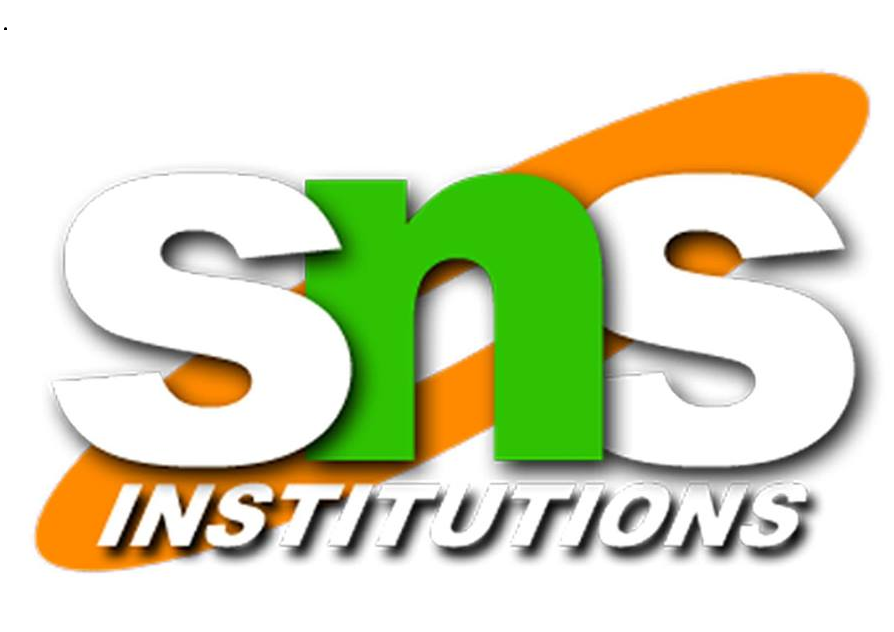
Skill Development: Hard skills and Soft skills, Social Emotional Learning (SEL) - Components of SEL - Benefits of Practicing Social Emotional Learning (SEL) - Ways to integrate Social Emotional Learning in the classroom - Emotional Skills: Coping with stress and dealing with emotions - Importance and Benefits of life skills - Humanistic curriculum design and Personal curriculum design.
Communication Skills: Listening, Speaking, Reading and Writing - Different modes of writing - Digital Literacy - Effective use of Social Media and Non - verbal communication - Communication techniques.Interpersonal Skills: Components, Types, Dimensions of Interpersonal relationships - methods to enhance interpersonal relationship - Selman’s Stages of interpersonal reasoning. Empathy: Types, Dimensions, Teaching Strategies for enhancing empathy - practices for fostering empathy - Service Learning and Social Curriculum Design.
Cognitive Skills: Self-Awareness, Critical thinking, Creative thinking, Decision-making and problem-solving - Career Skills: Resume Skills, Interview Skills, Group Discussion Skills and Exploring Career Opportunities -Team Skills: Presentation Skills, Trust and Collaboration, Listening as a Team Skill, Brain-storming, Social and Cultural Etiquettes and International Communication.
Leadership Skills and Managerial skills - Time Management: Components, Techniques of time management and strategies for better Time management - Entrepreneurial skill, Innovative Leadership and Design thinking - Ethics and Integrity - Social reconstruction curriculum design.
Love & Compassion, Truth, Non-Violence, Righteousness, Peace, Service and Renunciation- Self- Science curriculum and Para curriculum - The teacher as a facilitator -Agencies of Life Skills Education : UNESCO, UNICEF,WHO,NSDC & TNSDC.
Reference Book:
1. Ashokan, M. S. (2015). Karmayogi: A Bbiography of E. Sreedharan. Penguin, UK. 2. Brown, T. (2012). Change by Design. Harper Business 3. Livermore D. A. (2010). Leading with cultural intelligence: The New Secret to success: New York: American Management Association 4. Patra, Avinash (2012), The Sprirtual Life and Culture of India, Oxford University Press 5. ShantikumarGhosh,(2004), Universal Values. The Ramakrishna Mission, Kolkata. 6. Sinek S. (2009). Start with Why: How Great Leaders Inspire Everyone to Take Action. Penguin
Text Book:
1. Bhagyashree, A.D., (2016). Life skills education. Bookman. 2. Jain, Usha & Jain, Rajiv Kumar. (2014). Life skills – A guide to steer life. Vayo Education of India. 3. James, Larry. (2006). The first book lifeskills. Mumbai. Embassy Books. 4. Joshi Rokeach (1973). The nature of human values. New Yourk: The Free Press 5. Ravikanth Rao,K & Dinakar, P. (2018). Life skills educations, New Delhi: Neelkamal Publications. 6. Swift, Keilly. (2021). Life skills. Barnes & Noble.
